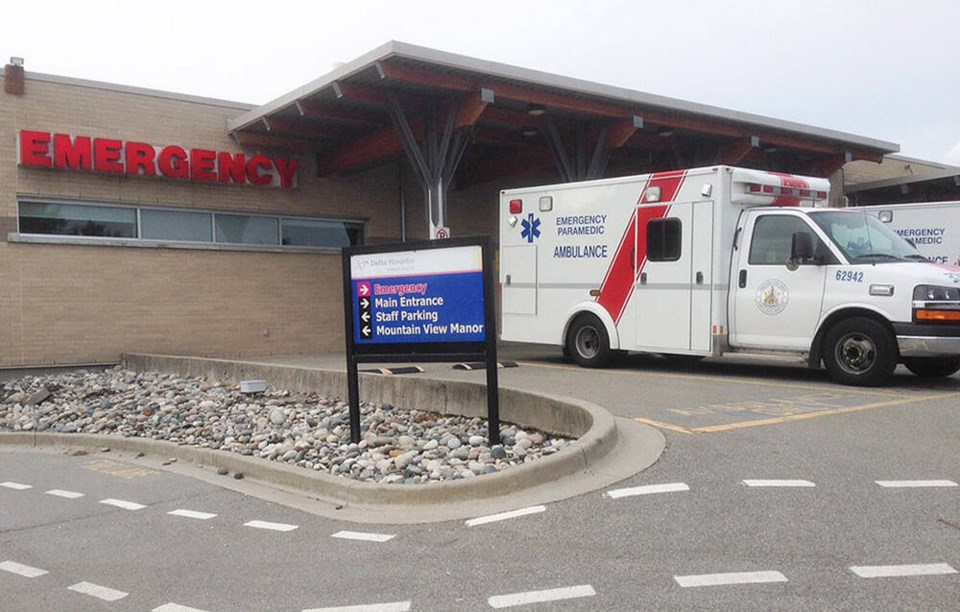Medical records of over 3.4 million non-elective hospitalizations in B.C. from 2002 to 2017 indicate patients are increasingly testing health-care workers with a greater complexity of medical needs, a study out of the University of B.C. concluded.
According to the study’s lead author Dr. Hiten Naik, a research fellow with the UBC faculty of medicine’s Clinician Investigator Program, patients are now, unsurprisingly, more likely to be 75 years old or older but also more likely to be admitted via the emergency department while with multiple medical conditions while also relying on multiple medications.
Over the course of those 15 years, patients became 2.7 times more likely to arrive via emergency, 2.1 times more likely to have multiple medical issues and 1.8 times to be taking 10 or more medications.
And while in hospital, patients are increasingly more likely to suffer an adverse event while in hospital and require unplanned readmission within 30 days of discharge.
“These trends highlight how important it is for health-care systems to evolve to meet the changing needs of not only patients, but also the health professionals who treat and care for them,” stated Naik via a university statement.
One silver lining is that patients are less likely to die in hospital, despite needing to be re-admitted more. However, those findings were offset by an increase in deaths after leaving the hospital.
“The rates of these negative outcomes remained relatively steady in comparison to the patient characteristics of complexity, so you could say the health system kept up,” said Naik.
“But this kind of adaptation isn’t automatic. The trends suggest that patient complexity will continue to increase,” added Naik.
The study was published Jan. 8 in JAMA Internal Medicine.



